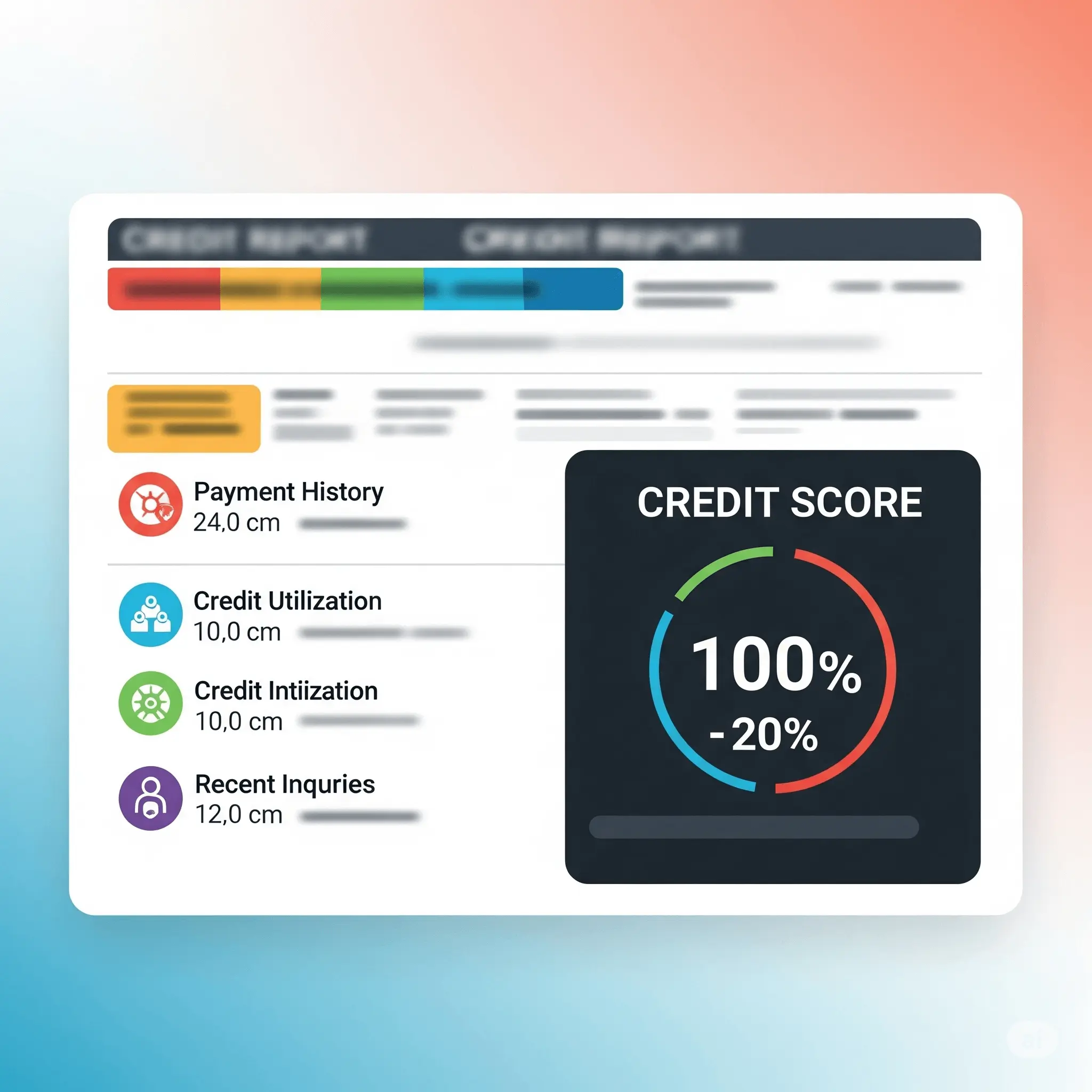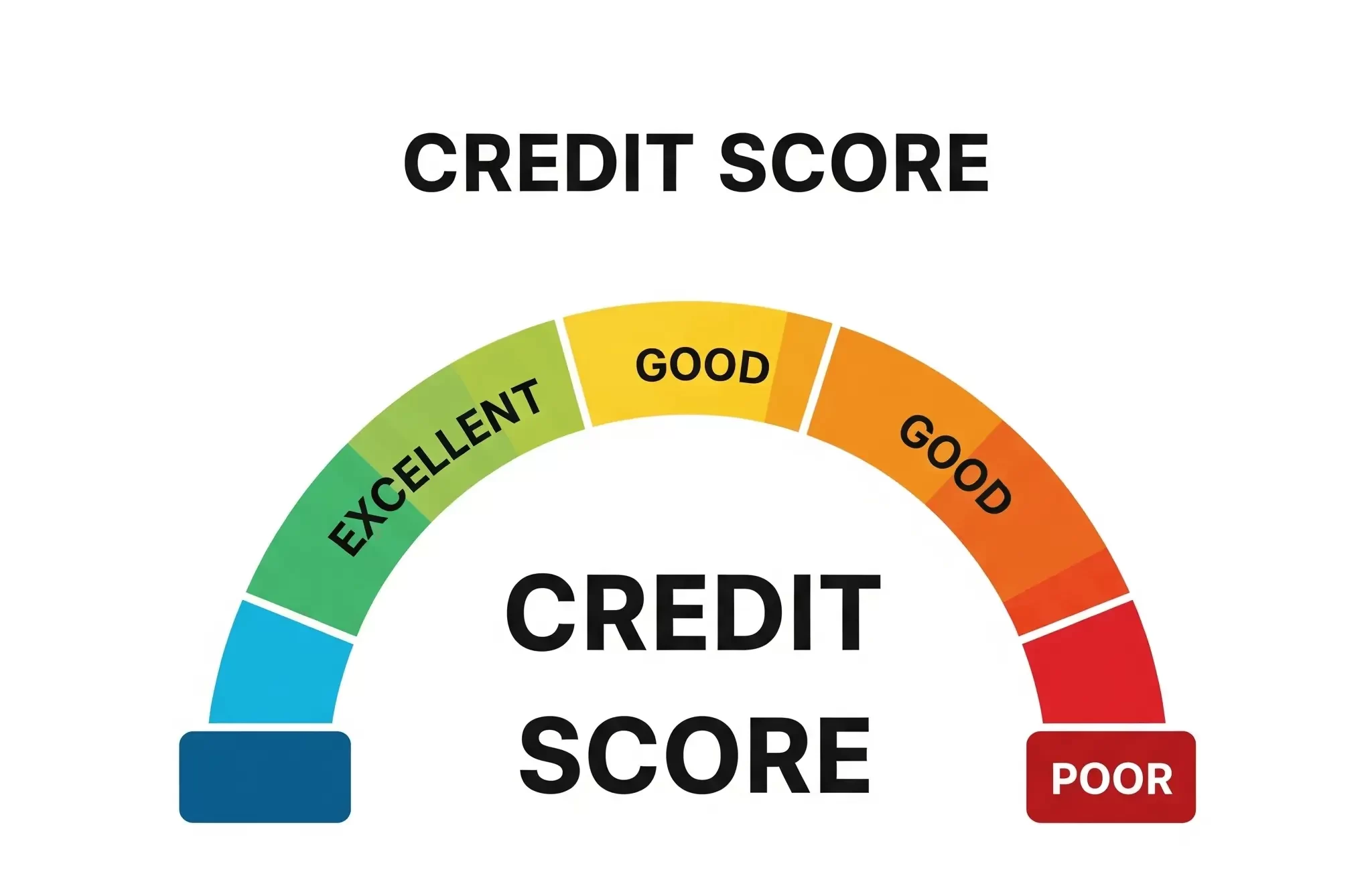How Long Information Stays on Your Credit Report in Canada
Published on June 17, 2025 | By WealthFusions Finance Team

Your credit report plays a vital role in your financial life, influencing your ability to get loans, credit cards, or even rent an apartment. But have you ever wondered how long information stays on your credit report in Canada? Knowing this can help you manage your credit better and understand when negative marks might no longer affect you. This guide breaks down the retention periods for different types of data and what it means for your credit score.
1. Credit Inquiries: How Long Do They Last?
When you apply for credit, lenders perform a credit inquiry, also called a “hard inquiry.” These inquiries are recorded on your credit report.
- Retention period: Hard inquiries stay on your credit report for 12 months.
- Impact on credit score: Minor and usually temporary, especially if you shop for multiple loans in a short window.
- Soft inquiries: These do not affect your score and aren’t visible to lenders.
2. Negative Information: Late Payments & Defaults
Late payments, collections, and defaults are the most damaging entries on your credit report.
| Type of Negative Information | Retention Period | Effect on Credit Score |
|---|---|---|
| Late payments | 6 years from the date of delinquency | Significant drop, especially if recent |
| Collections | 6 years from the date of first delinquency | Very damaging; lenders view collections as high risk |
| Bankruptcy | 6-7 years (depending on bankruptcy type) | Major negative impact but lessens over time |
| Consumer Proposal | 3 years after completion | Damages score but less than bankruptcy |
3. Positive Information: Payments and Account History
Positive credit behaviors stay on your report and help build your creditworthiness.
- Payments on credit cards, loans, and mortgages remain on your report for 6 years.
- Closed accounts with positive history also stay for 6 years.
- Consistent on-time payments boost your credit score over time.
4. How Credit Bureaus Handle Old Data
In Canada, the two main credit bureaus—Equifax and TransUnion—follow guidelines from the Financial Consumer Agency of Canada (FCAC). They remove outdated information after retention periods expire.
- Once data expires, it must be deleted within 30 days of request.
- You can request a free credit report from each bureau once a year to check your data.
5. How to Remove Incorrect or Outdated Information
If you spot errors or old negative items beyond retention:
- Contact the credit bureau directly to dispute inaccuracies.
- Provide supporting documentation, such as payment receipts or court documents.
- Bureaus have 30 days to investigate and correct your report.
6. Impact of Credit Report Duration on Your Financial Health
Understanding the lifespan of credit data helps you:
- Plan credit applications: Avoid multiple inquiries in short periods.
- Time debt repayment: Knowing when negative marks expire can motivate timely payments.
- Rebuild credit: After negative info drops off, you can qualify for better terms.
7. Differences Between Provincial Laws and Credit Bureaus
Some provinces have specific rules about data retention. For example:
- Ontario’s Consumer Reporting Act mandates removal of negative info after 6 years.
- Other provinces generally follow similar 6-year retention, but always check local regulations.
8. Tips to Maintain a Healthy Credit Report
- Check your credit report annually for errors.
- Pay bills on time to avoid negative marks.
- Keep credit utilization below 30%.
- Limit new credit applications to necessary situations.
Summary & Next Steps
Credit report information stays visible for 3 to 7 years depending on the type of data. Knowing these timelines empowers you to manage your credit proactively. Regularly review your credit report and address any inaccuracies to protect your financial reputation.
Visit to check and improve your credit report effectively today!
Frequently Asked Questions
- 1. How often can I get my credit report for free?
- You are entitled to one free credit report per year from both Equifax and TransUnion.
- 2. What’s the difference between a hard and soft inquiry?
- Hard inquiries affect your credit score and occur when lenders check your report for credit applications. Soft inquiries don’t affect your score and include personal checks.
- 3. Can negative info be removed early?
- Only if it is inaccurate or outdated. Otherwise, it remains until the retention period expires.
- 4. How long do bankruptcies stay on my report?
- Typically 6 to 7 years depending on the bankruptcy type and your provincial laws.
- 5. Does paying off a collection remove it from my report?
- No, the collection stays for 6 years from the first missed payment but paying it improves your creditworthiness.
- 6. How do I dispute errors on my credit report?
- Contact the credit bureau with evidence, and they must investigate within 30 days.
- 7. Are all credit bureaus in Canada the same?
- No, Equifax and TransUnion may have slightly different data depending on their reporting sources.
- 8. Can a good credit history stay forever?
- Positive information typically remains for 6 years but doesn’t stay indefinitely.

